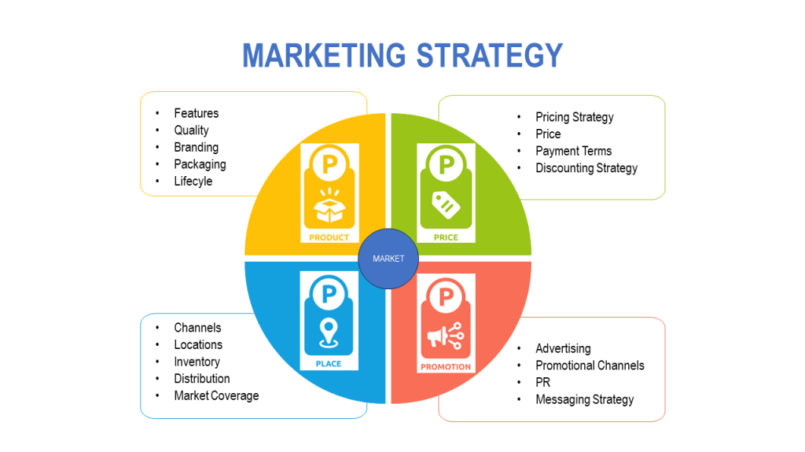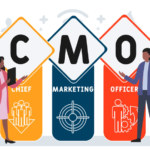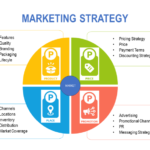What is Marketing Strategy?
A marketing strategy is a company’s comprehensive plan to reach prospective consumers and turn them into loyal customers of its products or services. It involves researching, understanding, and positioning the business within a marketplace. By aligning marketing efforts with a company’s overall goals, a marketing strategy ensures that all promotional activities, messages, and campaigns work towards a unified objective.
The concept of marketing strategy dates back to the early 20th century when mass production and advertising first became prominent. However, it has evolved significantly due to digital transformation, shifting from a product-centric approach to a customer-centric one. In today’s era, marketing strategy is more dynamic and data-driven, allowing for real-time adjustments based on consumer behavior.
A well-executed marketing strategy increases brand awareness, drives demand, and ultimately creates a competitive advantage in the market. It allows businesses to allocate their resources effectively, ensuring they reach the right audience, deliver the right message, and achieve the desired outcomes.
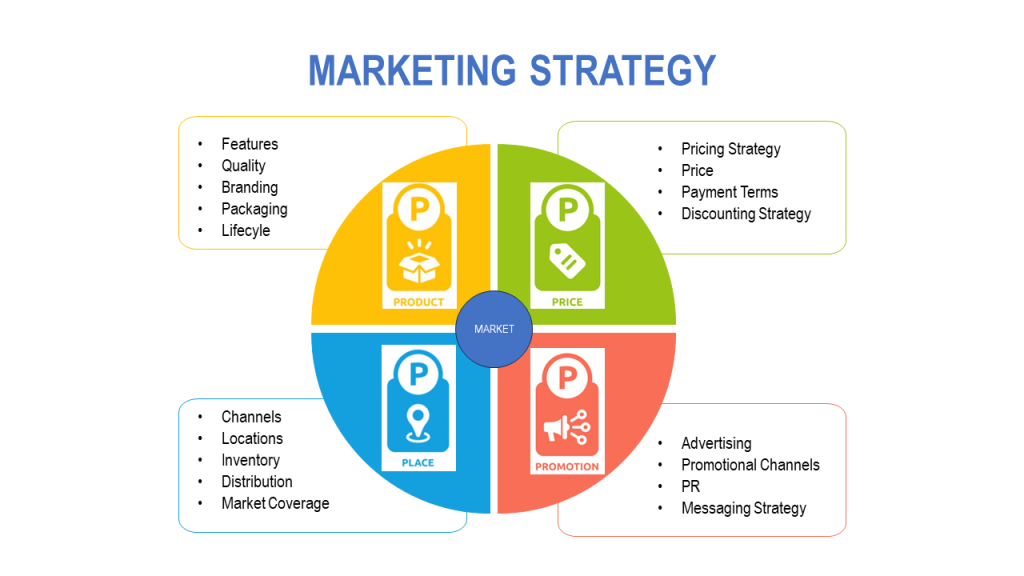
How to Define Your Target Audience:
One of the foundational aspects of a marketing strategy is defining your target audience. This involves segmenting the market into groups that are most likely to benefit from your product or service. Understanding your target audience enables you to tailor your marketing messages and campaigns to resonate with the right people.
Start by analyzing demographics (age, gender, income), psychographics (lifestyle, values, interests), and behavioral data (purchase habits, brand loyalty). Conducting audience research through surveys, social media insights, and web analytics will provide valuable information.
For example, Nike’s famous “Just Do It” campaign in the 1980s was able to resonate so strongly because it targeted a broad but specific audience—athletes and fitness enthusiasts. By addressing their desires for motivation and performance, Nike effectively positioned itself as the brand for “every athlete.”
Building a Marketing Funnel:
A marketing funnel represents the journey a customer takes from first discovering your brand to making a purchase (and even beyond, into loyalty and advocacy). Structuring your marketing strategy around the funnel is crucial to guiding customers through each stage, from awareness to conversion.
The typical stages of a marketing funnel include:
- Awareness – Introducing your brand to a broader audience.
- Interest – Engaging the audience by showcasing your products/services.
- Consideration – Offering more detailed information, possibly via email marketing, content marketing, or free trials.
- Conversion – Encouraging the audience to take a specific action, such as purchasing.
- Retention/Advocacy – Encouraging repeat business and brand loyalty through excellent customer experience and support.
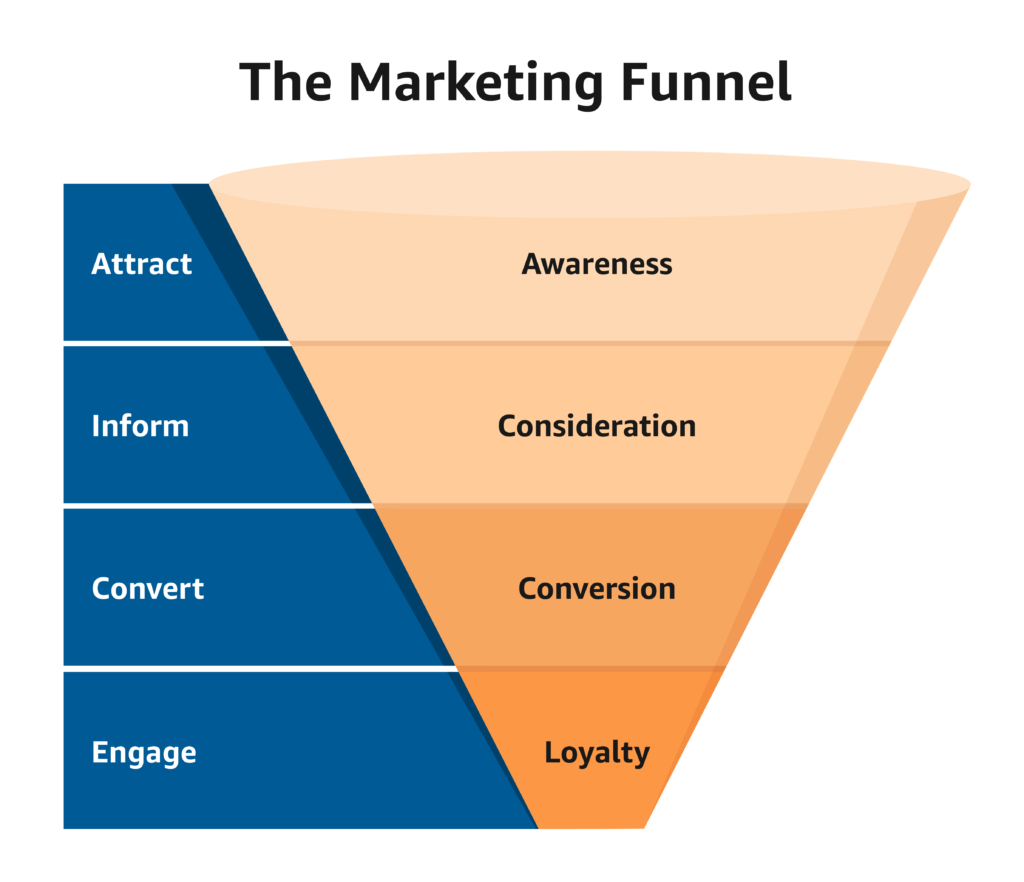
Building a funnel allows businesses to use different marketing tactics at each stage to guide potential customers toward making a purchase. This approach also helps in tracking performance metrics, measuring success, and optimizing efforts.
Setting SMART Goals for Campaign Success:
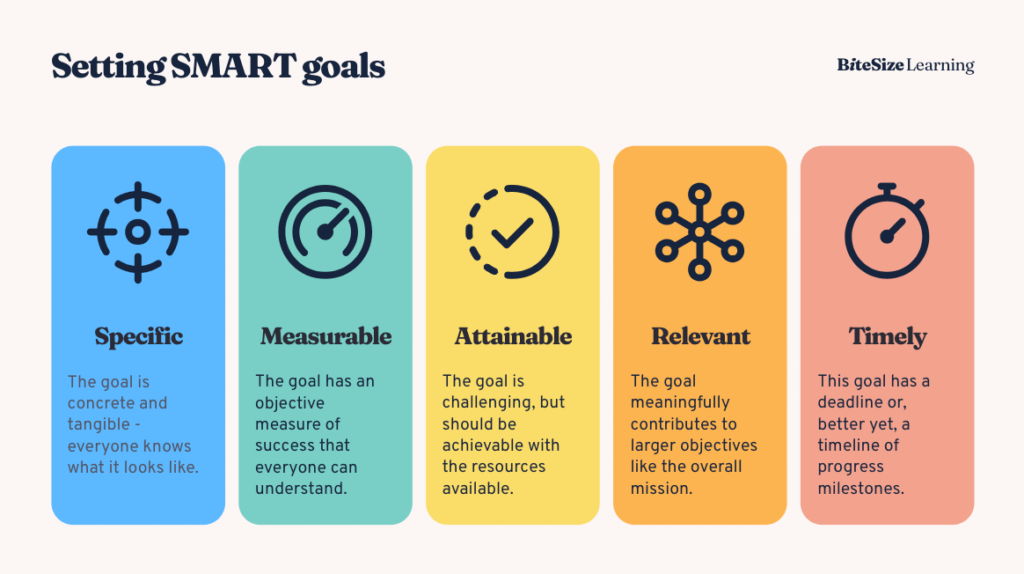
To execute an effective marketing strategy, it’s essential to set SMART goals—Specific, Measurable, Achievable, Relevant, and Time-bound objectives. These goals provide a clear roadmap for the team and allow for precise tracking of campaign performance.
For instance, instead of a vague goal like “increase website traffic,” a SMART goal would be, “Increase website traffic by 15% within the next three months by improving SEO and launching targeted ad campaigns.” This goal is specific, measurable, achievable, relevant to business growth, and has a defined timeframe for completion.
SMART goals not only provide direction but also allow for constant evaluation and recalibration of strategies based on data insights. This makes campaigns more results-oriented and aligned with broader business objectives.
Tactics for Effective Campaign Execution:
Once you have your strategy, target audience, marketing funnel, and goals in place, it’s time to focus on campaign execution. Effective execution requires a blend of creativity, technology, and constant optimization.
- Content Marketing – Create valuable and relevant content that speaks to the needs of your target audience. Blogs, videos, infographics, podcasts, and social media posts all serve to engage customers at different stages of the funnel.
- SEO & Paid Advertising – Optimize your website for search engines to ensure it appears for relevant searches, and use paid advertising on platforms like Google and Facebook to amplify your reach.
- Email Marketing – Build relationships with your audience through personalized and automated email campaigns, offering discounts, nurturing leads, or sending post-purchase messages.
- Social Media Marketing – Utilize platforms like Instagram, LinkedIn, and YouTube to build your brand’s presence and interact with your audience through content that aligns with your strategy.
- Data and Analytics – Use analytics tools to measure the effectiveness of your campaigns. Regularly track key performance indicators (KPIs) such as engagement rates, conversion rates, customer acquisition cost (CAC), and return on investment (ROI) to optimize efforts.
My Thoughts:
A successful marketing strategy is a combination of thorough market research, clearly defined goals, and strategic execution. By understanding the intricacies of your target audience, setting SMART goals, and carefully crafting campaigns that resonate with them, you can drive brand awareness, foster customer loyalty, and achieve sustainable business growth.
The modern marketer must be adaptable, data-savvy, and customer-focused to remain competitive in today’s fast-changing landscape. Ultimately, an effective marketing strategy is about delivering the right message to the right people, at the right time, and doing it consistently.
